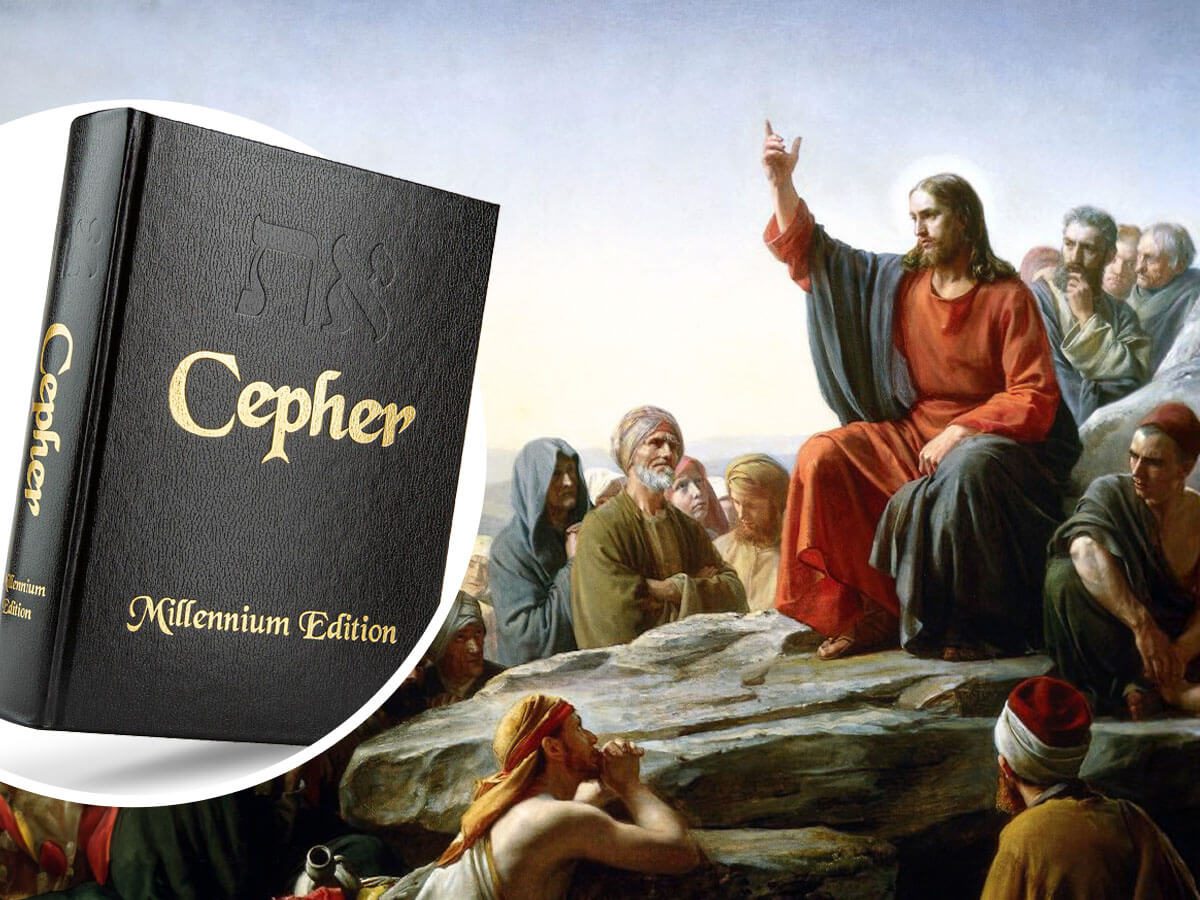
The Bible remains the most important document in the world and its translation from the original Hebrew and Greek into modern languages remains a heated debate. One book making its entry into the debate is the so-called “Cepher Bible.” Marketing itself as a “comprehensive restoration of sacred Scripture,” the Cepher Bible, officially titled the “Eth Cepher” from the Hebrew words for “divinity” and “book.” The Cepher is the product of Dr. Stephen Pidgeon, the Cepher was released in 2016 and contains books not included in the canonical 66 books of the Protestant Bible such as the book of Jasher, the book of Enoch, and adds to existing books of the Bible, including adding a 29th chapter to the book of Acts.
Dr. Pidgeon is not a biblical scholar, having a Doctorate in jurisprudence, and does not claim the Cepher is a “Bible,” though its marketing presents it as such. The Cepher is also referred to as a “transliteration,” not a translation, meaning that a text, the King James Bible in this case, was used and certain letters were replaced with Hebrew letters. The book’s site questions the process of canonizing the 66 books of the Protestant Bible, noting that the Apocrypha, additional books in the Old Testament such as the book of Maccabees, were originally part of the King James Bible and remain in Catholic Bibles today. The Cepher also refuses to use any Greek letters in their transliterations, asserting that none of the New Testament was written originally in Greek, contrary to traditional scholarship.
While there are benefits for gaining historical context when reading books such as the book of Enoch, the Cepher goes a step further by asserting that these extrabiblical books are divinely inspired. However, Jerome, who is mainly responsible for including the Apocrypha in the canonical texts, placed the apocryphal books at a different level than the other 66 books. The inclusion of Acts 29 is especially problematic, as many Biblical scholars state the document was most likely forged and features Paul speaking to Druids, who are descendants of the lost tribes of Israel.
The Cepher is especially concerning due to its use by the Hebrew Roots movement. The movement asserts that Jesus’s death on the cross did not remove the call to obey the Mosaic law, so adherents seek to recover the original Jewish roots of Christianity. This includes some groups that dress in traditional Jewish garb, observe kosher, etc. As Christianity.com concludes, despite having some beneficial intentions, the problems with the Cepher outweigh the bad and, “While we should study the deuterocanonical books, the Eth Cepher isn’t the only place to find them. Nearly all these books can be read for free online at places like BibleStudyTools.com. Since the Eth Cepher presents those books in an unnecessarily confusing way, it’s best to look elsewhere to start studying.”


